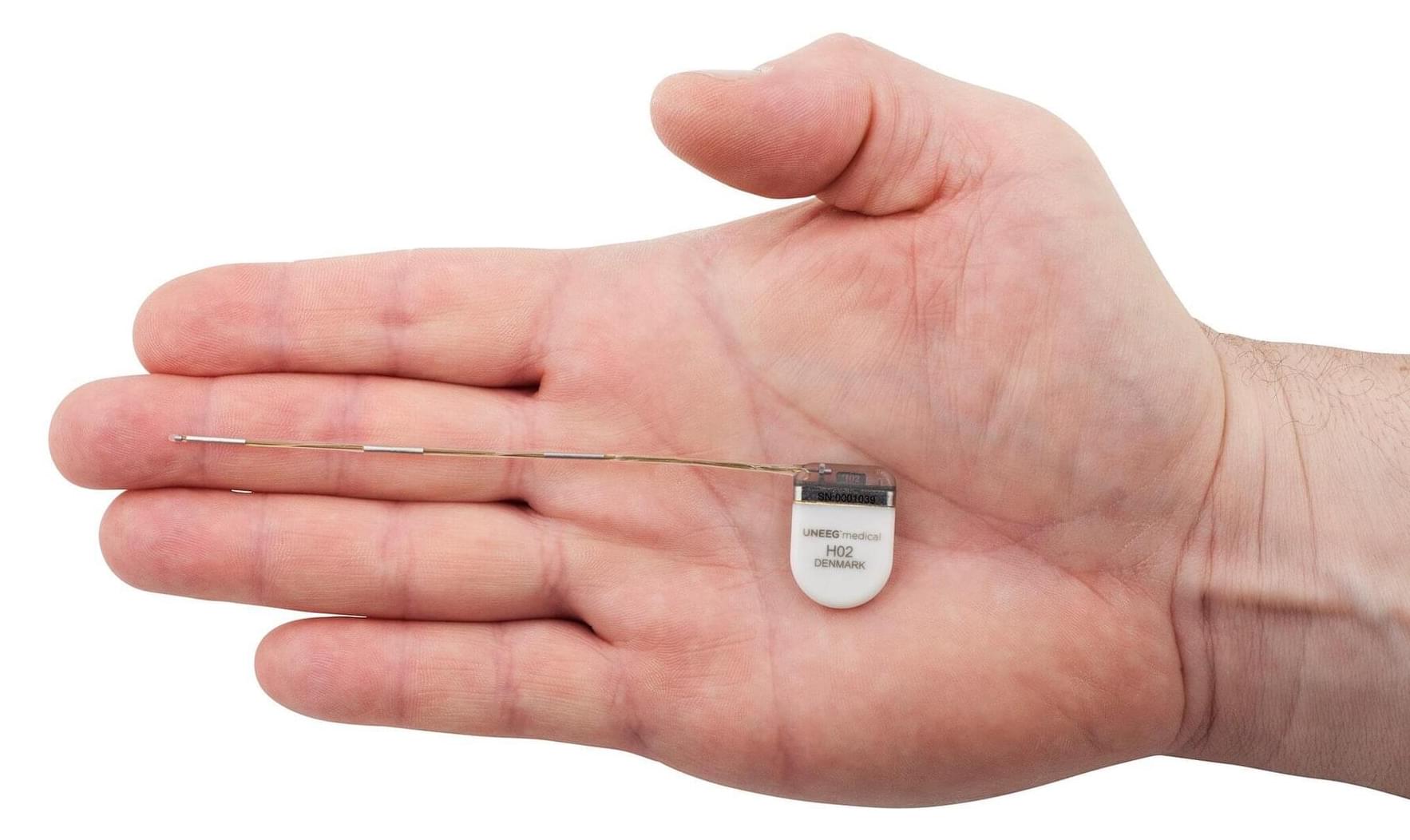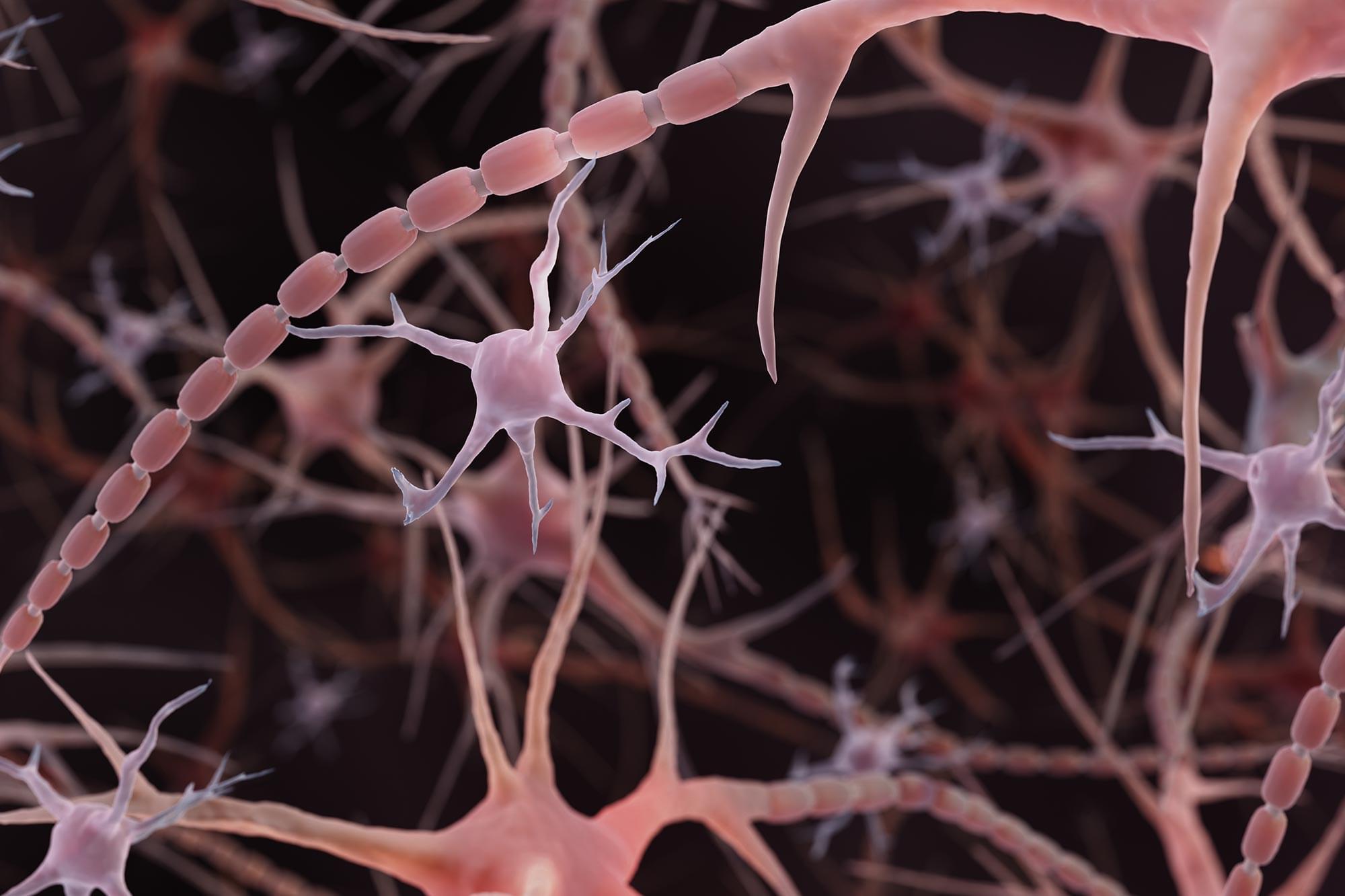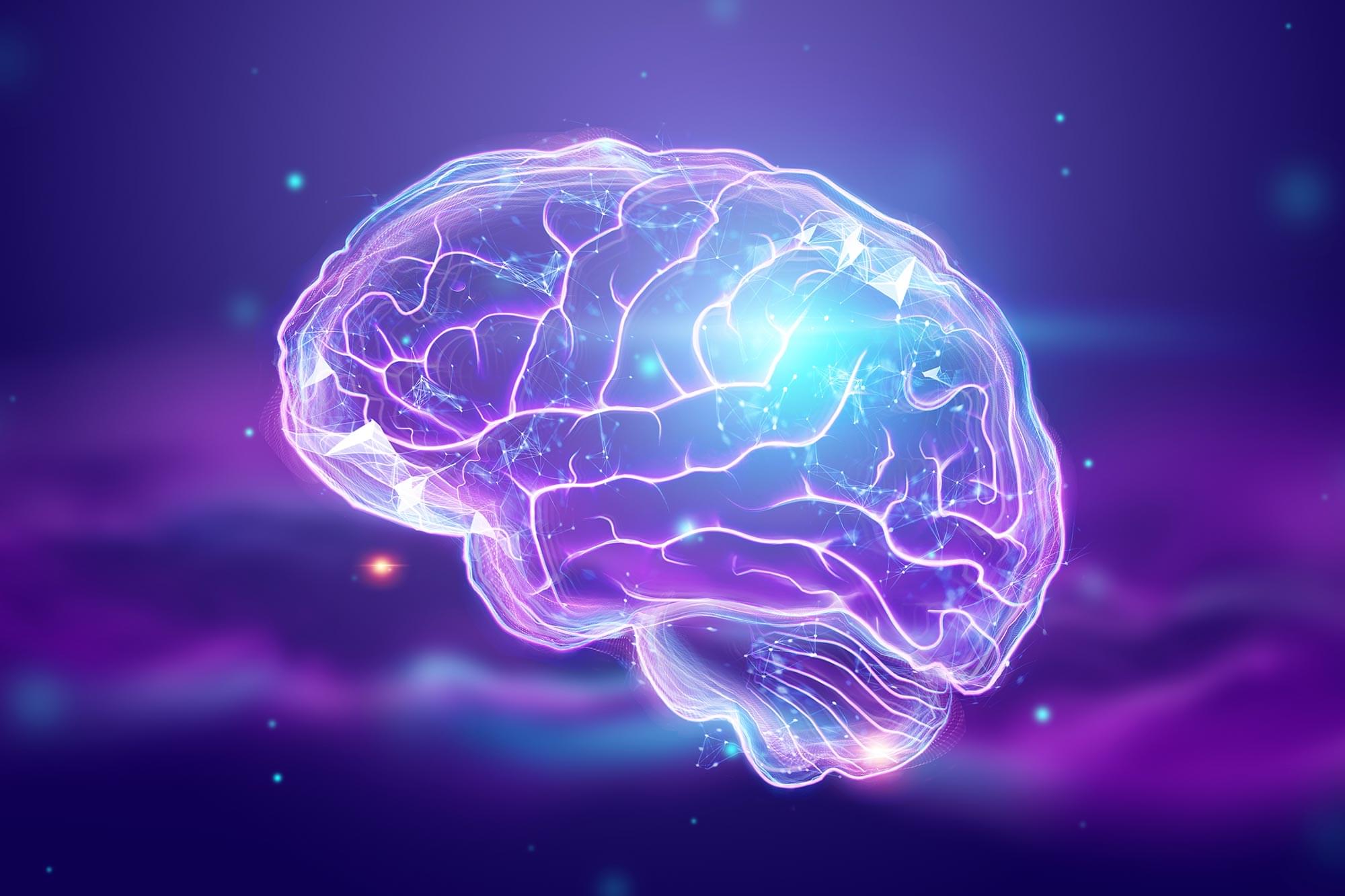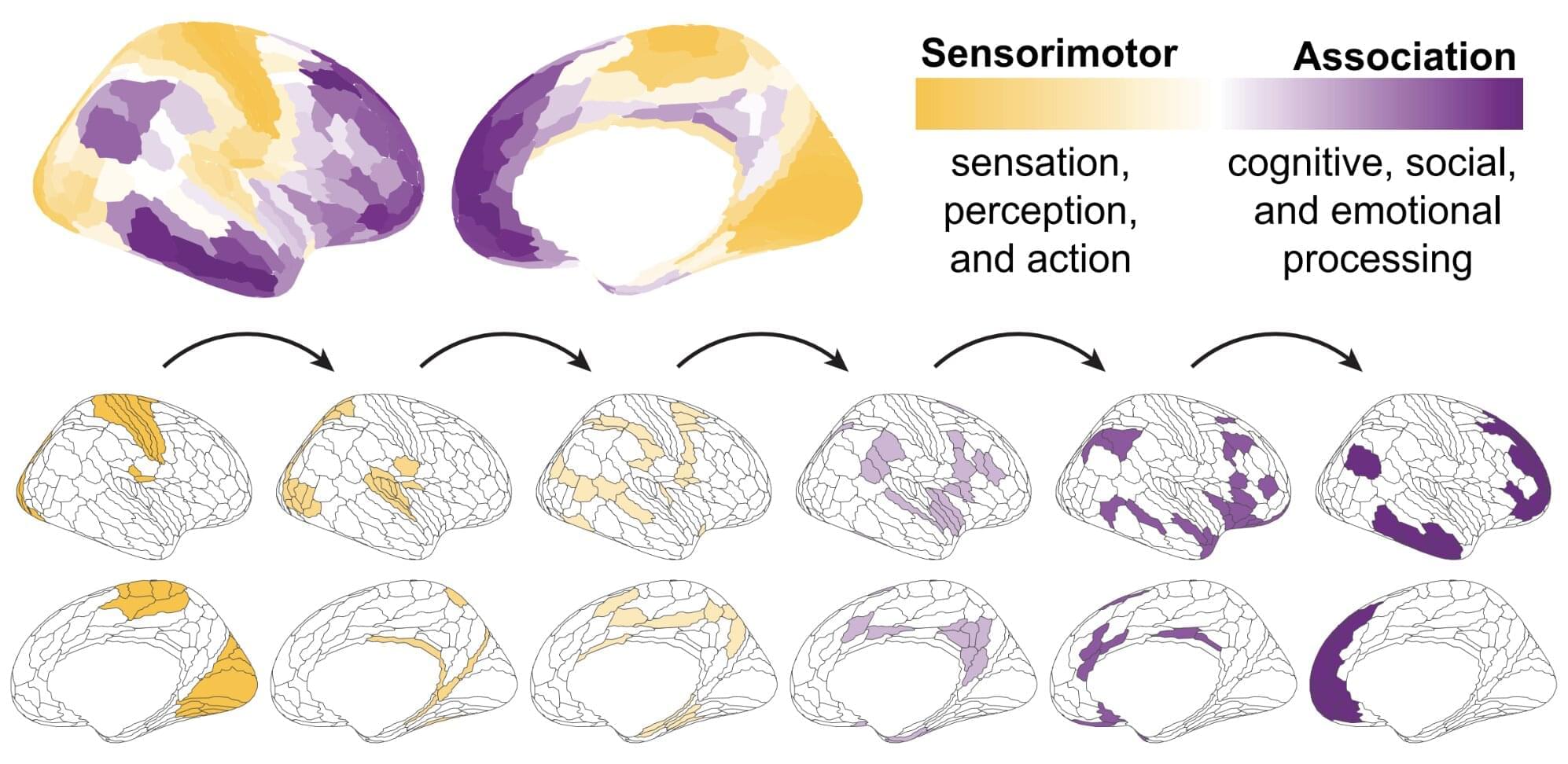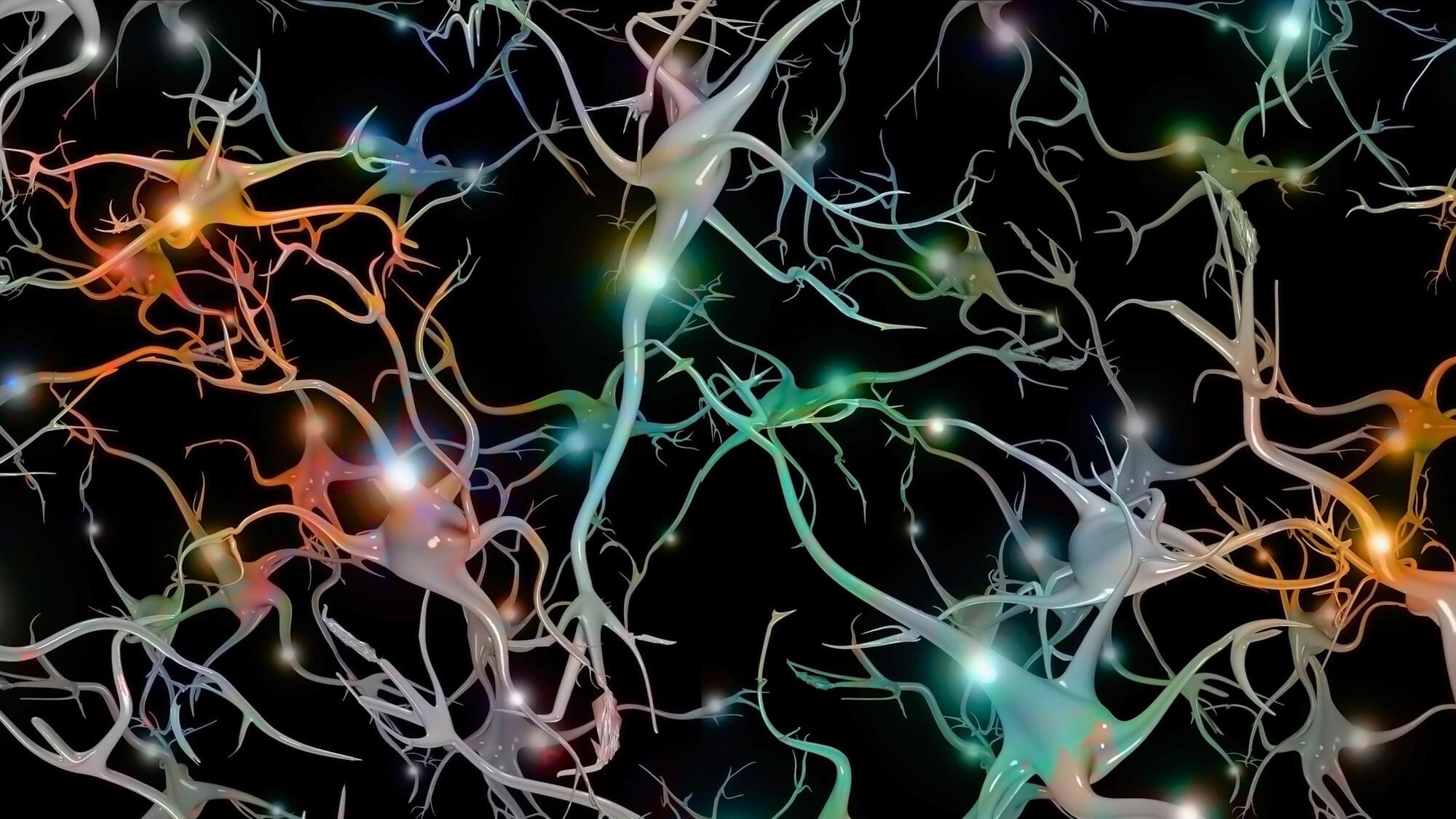In this Longevity Summit Dublin 2025 talk, Dr. David Furman (Buck Institute for Research on Aging) reveals how space medicine is becoming a powerful model for studying accelerated aging. From NASA collaborations to organoid experiments in simulated microgravity, Dr. Furman shows how heart, brain, and immune organoids age up to 10 years in just 24 hours — and how this can accelerate drug discovery for neurodegeneration, cardiovascular disease, and immune decline. Learn how microgravity research can predict your biological future and identify interventions to slow or reverse aging.
Chapters:
00:00 Introduction & NASA collaboration.
01:25 Accelerated aging in astronauts.
03:02 Simulating microgravity with organoids.
05:16 Brain, heart & immune system aging signatures.
07:03 Biological age clocks in organoids.
09:22 Parkinson’s, cardiomyopathy & immune dysfunction findings.
11:56 Translating microgravity science into longevity medicine.
13:43 Predicting future aging trajectories.
15:34 Beyond Age – a clinical test for aging projection.
16:17 Closing remarks.
#LongevityScience #AgingResearch #Microgravity #SpaceMedicine #BiologicalAge #LongevitySummit



